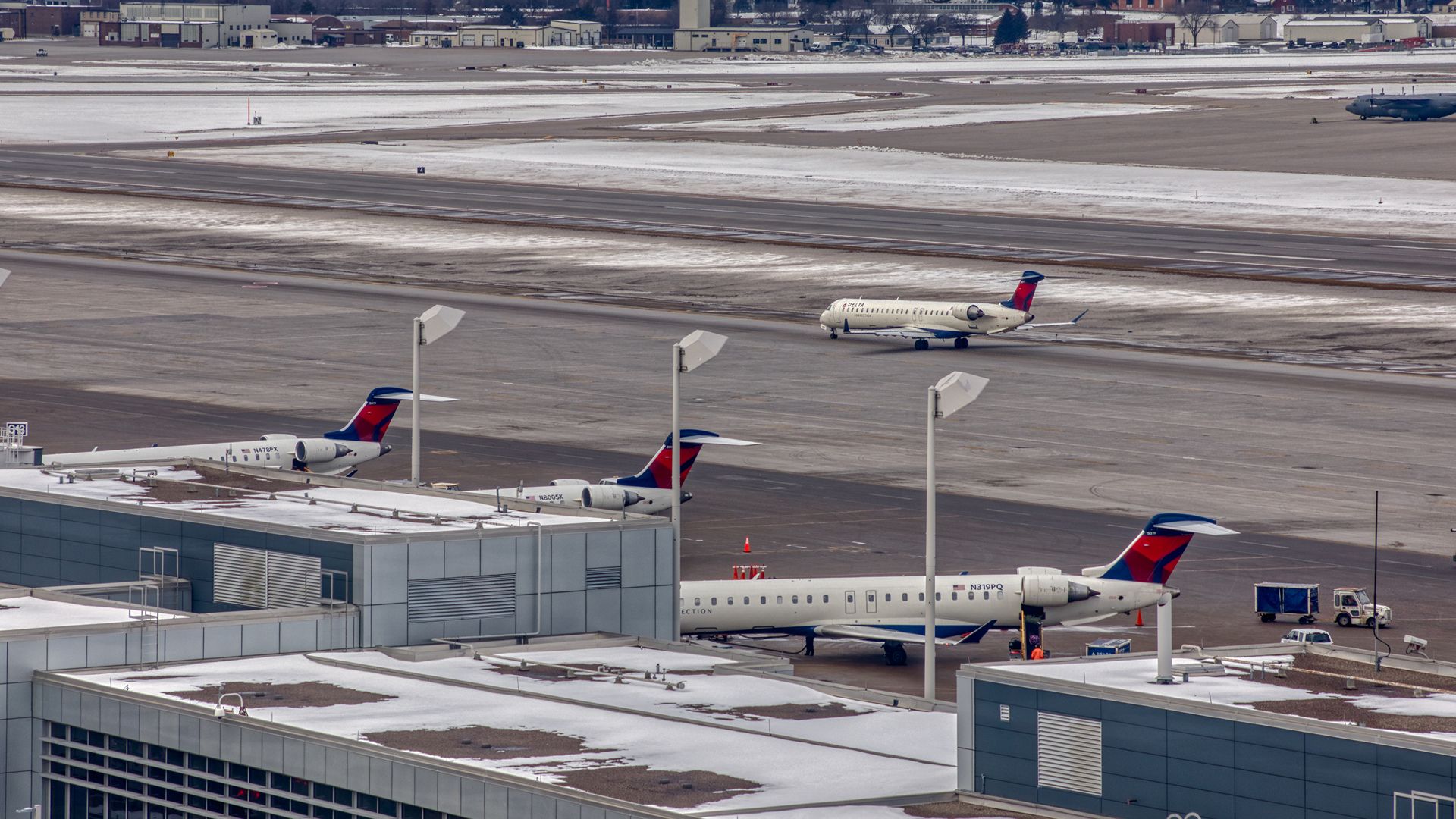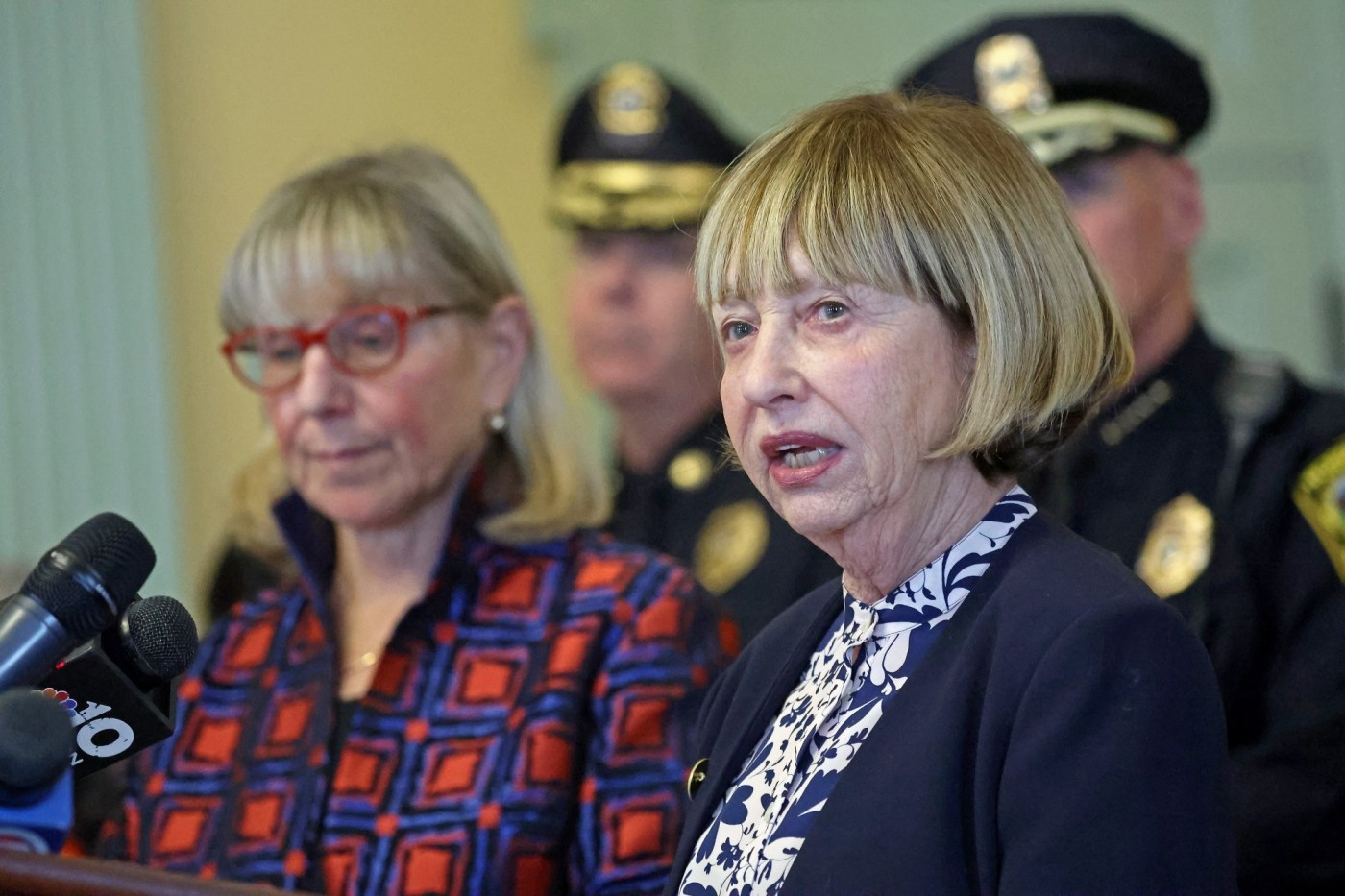
Human Rights Watch (HRW) has called on Tajikistan to either deny entry to Russian President Vladimir Putin or arrest him during his planned visit from October 8 to 10, 2023. This request comes ahead of the Russia-Central Asia summit and the Commonwealth of Independent States (CIS) Heads of State Council. HRW emphasizes that Tajikistan has a legal obligation to comply with the arrest warrant issued by the International Criminal Court (ICC) on March 17, 2023.
The ICC issued the warrant based on evidence suggesting Putin holds individual criminal responsibility for war crimes, particularly the “unlawful deportation” and “transfer of population,” specifically concerning children. These actions are classified as crimes under articles 8(2)(a)(vii) and (viii) of the Rome Statute, which is the foundational treaty of the ICC, effective since 2002. Tajikistan has been a member of the ICC since its inception.
Liz Evenson, HRW’s international justice director, commented that allowing Putin into the country would demonstrate “utter disregard for the suffering of victims of Russia’s forces’ crimes in Ukraine and for its own obligations as an ICC member.” Countries that are signatories to the Rome Statute are required to cooperate with the court and enforce its arrest warrants. If a member state fails to comply, the issue may be escalated to the ICC or the United Nations Security Council for potential action.
This situation echoes a similar incident in November 2024, when Putin visited Mongolia and was not apprehended, raising concerns about the enforcement of international law. Tajikistan has faced criticism in the past for its human rights practices, including allegations of crimes against humanity such as torture, forced exile, and extrajudicial killings.
The call from HRW is part of a broader trend where human rights organizations are urging nations to uphold international legal standards. Recently, during the UN General Assembly’s 80th session, member states reaffirmed their commitment to these principles, highlighting the ongoing relevance of the United Nations in global affairs.
As the situation develops, the international community will be watching closely to see how Tajikistan responds to the demands for accountability and adherence to international law.






